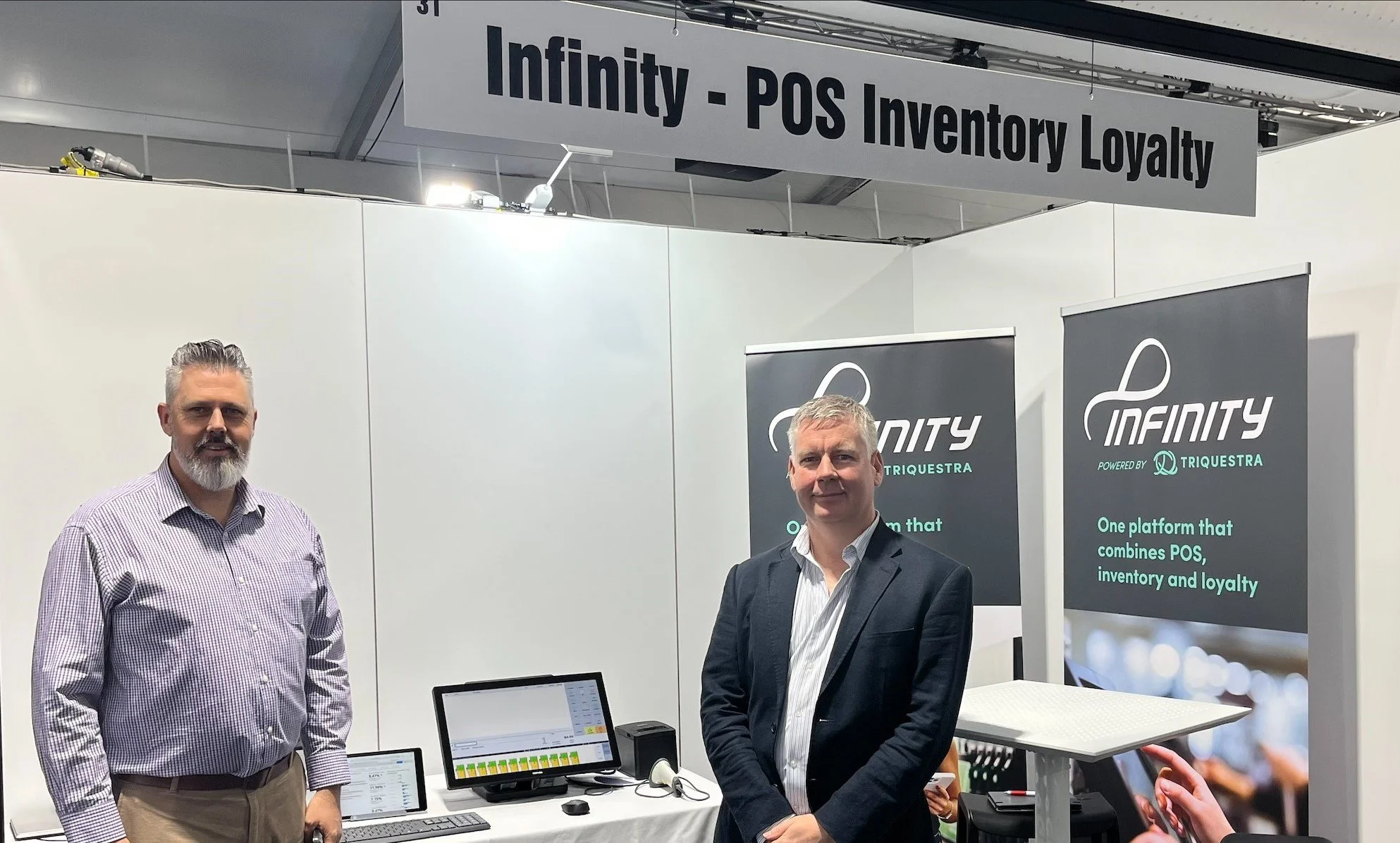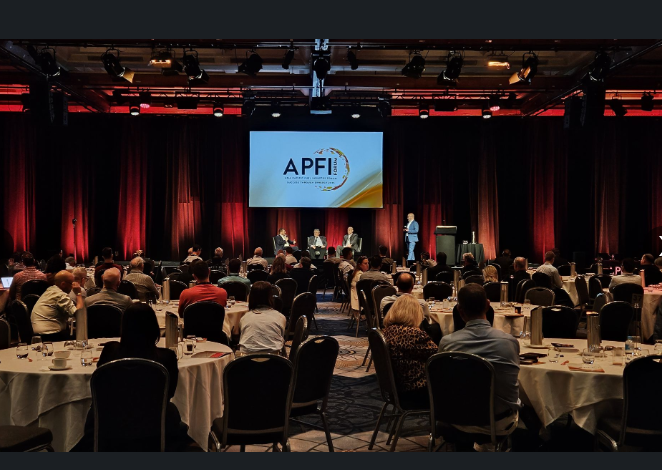Last week, along with our CTO Mike Baxter and BDM Haymon Keeler, I attended the annual APFI Forum for fuel retailers, which this year was held on the Gold Coast. It’s a great opportunity to connect with those in the industry, and I wanted to share some of the key insights we took away with us.
The theme of the event, Success through Synergy, set the tone. In a sector as dynamic as the fuel industry, this gathering was a powerful reminder of the value of connection, collaboration and shared insight.
Starting at the macro level, economist Saul Eslake delivered an interesting keynote on the broader economic context. With geopolitical and policy uncertainty clouding the horizon, his words resonated: “In the face of uncertainty, businesses put off big decisions and workers put off decisions about big ticket items.”
Although productivity remains a challenge, especially in retail, Saul had a cautiously optimistic outlook, signalling that Australia has managed the uncertainty better than similar countries and is comparatively well placed. However, the future remains uncertain. Businesses need to make investments to drive steady improvement, and leaders need to be bold, forward-looking and ready to adapt.
Haymon Keeler and Mike Baxter in front of the Infinity booth at the APFI Forum.
Adaptation and synergies were the dual focus of a presentation by Fiona Hayes, CEO and Managing Director at 7-Eleven. She spoke about how declining fuel and tobacco sales at service stations must be met head-on through a convergence of convenience, grocery and quick-service restaurants.
Fuel retailers need to make use of digital channels to reach customers beyond the forecourt by delivering food and other convenience offerings; those who do can reap huge opportunities. You can read more about these shifts in fuel convenience and the ways retailers can best respond in our recent blog post.
Change management and productivity were also central themes tackled by Stephen Scheeler, CEO of Omniscient and former CEO of Facebook ANZ, who spoke about AI, leadership and digital disruption. Stephen made the point that AI is now embedded in everyday life. It can best be used to get to where you want to go faster, and its interaction with the physical world is already having a day-to-day impact through robotics and self-driving cars such as Waymo.
Stephen believes that AI will augment human capabilities rather than replace jobs, using the example of the farmer who used to plough fields behind a horse but now uses a tractor to dramatically increase productivity. It was fascinating to hear his insights on this fast-moving technology.
We were also thrilled to get the rare chance to listen to David Goldberger, a pioneer in the Australian fuel industry and a leading reason why the country has such a strong independent fuel presence. In founding Solo in the 1970s and Liberty Oil in the 1990s, David, along with his long-time business partner David Wieland, created a situation where the big players had to work with him, and he's created space for others to follow. From introducing discount fuel in Victoria and New South Wales to establishing a wholesale and fuel distribution business, David truly is a founding father of the independent fuel business.
David treated us to a wide-ranging conversation that covered the history and future of independent fuel retailing which the audience thoroughly enjoyed.
The event ended with a gala dinner where the Australian Convenience and Fuel Awards were presented. Congratulations to the winners from the different awards categories, and thanks to the Australian Convenience and Petroleum Marketers Association (ACAPMA) for a very successful event!














